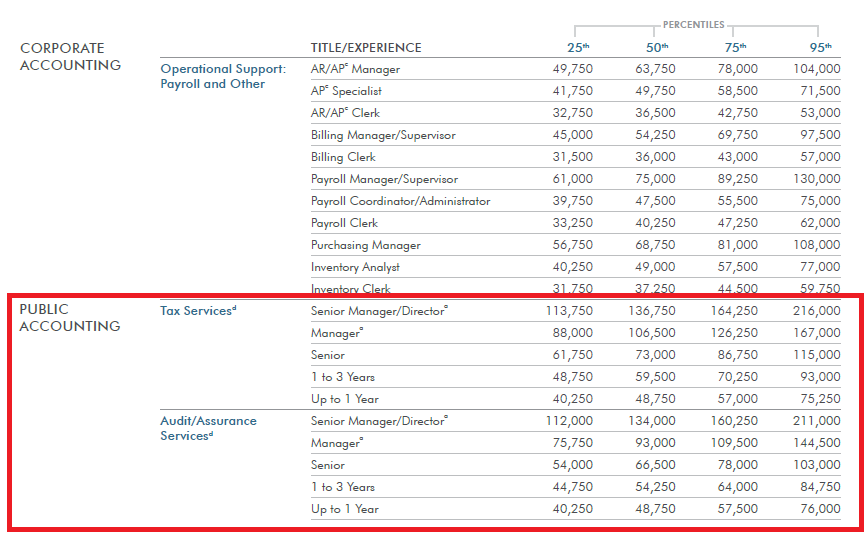
The Front Range is the easternmost part of the Southern Rocky Mountains. It extends about 300 miles (500km), south-southeast to near Casper in Wyoming, and Fremont county south-central Colorado. It's a mountain range between 40 and 50 miles wide, and includes the Laramie and Medicine Bow mountains, as well as the Sangre de Cristo Mountains, which usually extend further south. Native Americans lived in the Front Range historically.
Colorado's long mountain range
The San Juan Mountains are one of Colorado's most prominent natural wonders. The San Juan Mountains span 150 miles and include 13 fourteeners. They are located in thirteen counties. Mt. Sneffels, 14,308-foot Uncompahgre, and Handies Peak. Rout National Forest is another popular mountain range, featuring Mt Zittler Wilderness (and the breathtaking Mt. Wilson.

It's home to free-range ranching
Although we cannot tame the buffalo we can make the best of the Front Range's abundant natural resources. The presence of native carnivores in the landscape helps maintain ecological health and contributes to the prosperity of humans, wildlife, and other living organisms. We can mimic the natural system, and create more resilient ecosystems. Peter Guercio, the author, spent his childhood on a Colorado cattle ranch.
It is also home to sugarbeet agriculture
The Front Range is home to a rich history of sugarbeet agriculture. Beginning as early as the late 1800s, the beet industry provided jobs to immigrants from Japan and the South. German-Russian immigrants were employed for their gardening skills, and their numbers grew until they represented a sizable percentage of the workforce. In the early 1900s, sugar industry hired many migrant Mexican workers from New Mexico and South Colorado. Many families were encouraged to work together.
It's home to ski areas
The Front Range, located in central Colorado and southeastern Wyoming in the Southern Rocky Mountains, is a mountain range that can be found in North America's Southern Rocky Mountains. It is the first mountain range encountered while traveling west along the 40th parallel, and it is also the name of the Front Range Urban Corridor, which extends from Cheyenne, Wyoming, south to Pueblo, Colorado. The Front Range provides a temperate climate thanks to its proximity to the Great Plains, which moderates the effects of prevailing storms.
Three major highways pass through the area.
Grand Lake is located on Colorado's Front Range in the west. This lake shares its name and is Colorado's largest body of natural water. It is located in the westernmost part of Colorado's Front Range near the northernmost point. It is also the northernmost point of automobile access for this region, as U.S. Highway 34 crosses the Continental Divide and leads to Estes Park. Trail Ridge Road at 12,183 feet is North America's highest continuous, paved road.

It is the home of a large trail system
The Rocky Mountain Region's Front Range contains a wide range of mountain ranges. Based on the geology of each region, the Front Range can be divided into three distinct regions. The Northern Front Range generally is dryer and starts in the North Denver/Boulder area. The Central Front Range runs from Denver to Colorado Springs. While the Southern Front Range extends from COS to Spanish Peaks. The Front Range is also characterized by a vast trail system, including many renowned trails.
FAQ
What is the secret to modern consulting?
Accounting professionals were the first to become consultants. They helped companies manage their finances. Because they were skilled in managing financial information, they became "accounting consulting". They soon expanded their roles into other areas like human resources management.
The French word for advice, "consultant", was originally used to describe someone who could advise on the management of an organization. Even today, many business owners still use "consultant" when referring to professional advisors.
What is the difference of a consultant versus an advisor?
An advisor is someone who provides information about a subject. A consultant can offer solutions.
Consultants work directly with clients to help them reach their goals. The advisor provides indirect advice through books, magazines lectures, seminars, and the like.
Why should you hire consultants?
There are many reasons you might need to hire a consultant.
-
Your organization may have a specific project or problem that needs solving
-
You would like to improve your skills or learn new things
-
You want to work closely with experts in a certain field
-
You have no other choice but to do the job.
-
You feel overwhelmed by all the information and don’t know where to begin.
-
You cannot afford to pay someone fulltime
The best way to find a good consultant is through word of mouth. Ask your friends and colleagues if they know of any trustworthy consultants. If you already know someone who works as a consultant, ask him/her for recommendations.
Use the "Search People" function to search for consultants in your region if you are interested in using online directories like LinkedIn.
What are the different types of jobs available for consultants?
A job as a consultant requires you to have an excellent understanding of business strategy and operations. Understanding how businesses work and their place in society is also essential.
Consultant work requires excellent communication skills and the ability to think critically.
Because consultants may be required to perform different tasks at different times, they must be flexible. They must be able and willing to adapt quickly to changes in direction.
They must be prepared to travel extensively for the clients they represent. This type of work can take them all over the world.
They must also be able handle stress and pressure well. Sometimes, consultants may be required to meet strict deadlines.
Consultants might be required to work long hours. This can mean you might not always receive overtime compensation.
Do I need legal counsel?
Yes! Yes. Many consultants sign contracts without seeking legal advice. This can lead to issues down the road. If the client terminates an agreement with the consultant before the completion date, what are the consequences? Or what happens if a consultant fails to meet the deadlines in the contract?
To avoid any potential problems, it is best to consult a lawyer.
What qualifications are required to become a consultant?
It doesn't suffice to hold an MBA. You also need to be able and willing to work as a business advisor. A minimum of two years' experience in consulting, training and/or advising a major company is necessary.
It is essential that you have experience working closely with senior management on strategic development projects. This requires you to feel confident presenting ideas to clients, and getting buy-in.
You'll also need to pass a professional qualification exam such as the Chartered Management Institute's Certified Management Consultant (CMC) certification.
How do I become successful as a consultant?
First, find a subject you're passionate about. You must then build relationships. It is important to understand the needs of clients and their business. Finally, you have to deliver results for your clients.
While you don't need to be the best at all things, it is important to be better than others. You need passion for what your do. It doesn't suffice to say, "I will be a consultant." It is important to believe in yourself and the work you do.
Statistics
- Over 50% of consultants get their first consulting client through a referral from their network. (consultingsuccess.com)
- Over 62% of consultants were dissatisfied with their former jobs before starting their consulting business. (consultingsuccess.com)
- My 10 years of experience and 6-step program have helped over 20 clients boost their sales by an average of 33% in 6 months. (consultingsuccess.com)
- On average, your program increases the sales team's performance by 33%. (consultingsuccess.com)
- According to statistics from the ONS, the UK has around 300,000 consultants, of which around 63,000 professionals work as management consultants. (consultancy.uk)
External Links
How To
How To Find The Best Consultant?
The first thing to do when looking for a new consultant is to ask yourself what you want from him/her. Before you begin searching for a consultant to help you, you should be clear on your expectations. Make a list of everything you think you might need from a consultant. This might include skills such as project management, professional expertise, communication, availability, and technical skills. After you have outlined your requirements, you might want to ask friends and colleagues for recommendations. Ask them if they had any bad experiences with consultants previously and see how their recommendations compare with yours. Research online if you don’t already have recommendations. There are many websites that allow users to leave feedback about their previous work experiences, such as LinkedIn and Facebook, Angie's List or Indeed. Look at the ratings and comments left by others and use this data as a starting point for finding potential candidates. Finally, once you've got a shortlist of potential candidates, make sure to contact them directly and arrange an interview. In the interview, discuss your needs and ask them for their suggestions on how you can achieve them. It doesn’t matter if the person was recommended to you; it matters that they understand your business goals, and can show you how they can help.